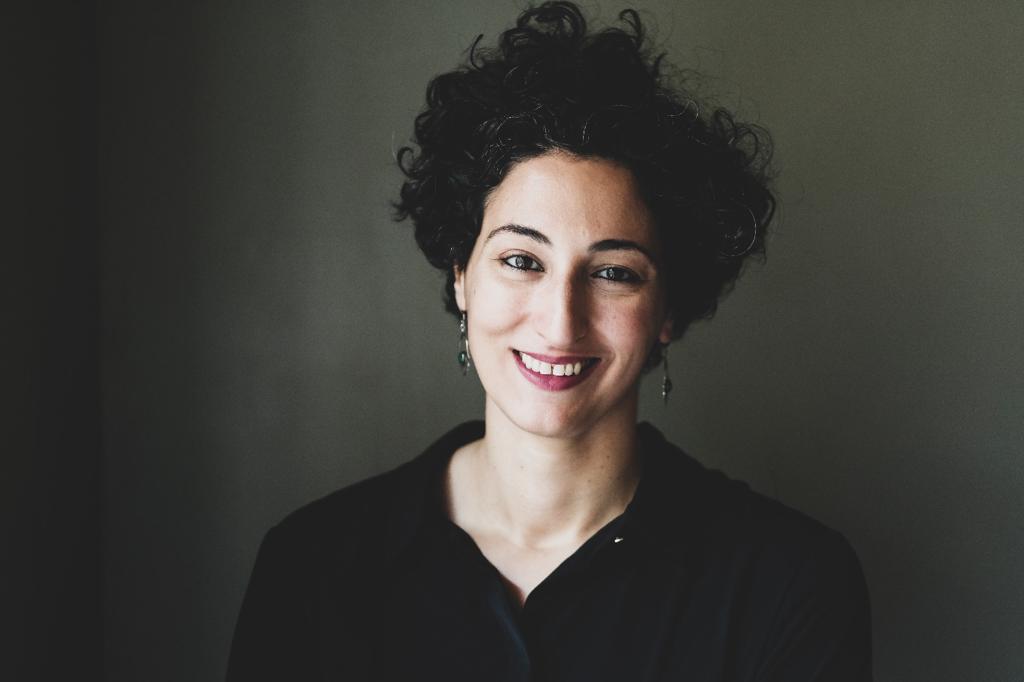Turning towards each other, not against each other: Bridging in Times of Crisis
As violence continues to take the lives of more and more civilians in Palestine and Israel, communities around the world are fragmenting over profound questions like whose lives are grievable and whose are not, and who can speak and who cannot. Once-strong alliances on the left are being tested as fear of hate crimes against Jews, Muslims and Palestinians is being borne out.
In Berlin, this breaking is particularly acute. Despite real fear and pain felt by all, and despite having one of the largest Palestinian communities outside of the Middle East, the city has limited only pro-Palestine speech, often under the claim that it is protecting against anti-Semitic activity. Ultimately, however, this asymmetric silencing has contributed to deeper fragmentation between groups who might otherwise be in conversation. Indeed, Germany’s responsibility for the Holocaust and its own genocide of 6 million European Jews has led to strong support for present-day Israel and a censoring of criticism towards the state, even from Israelis themselves.
In this panel we’ll discuss how divisions are fueled and weaponized by leaders, governments, traditional media, and social platforms and how fragmentation ultimately most serves those seeking to dismantle democratic structures. Our goal is to model a space where we can honor each other’s pain, find ways of bridging despite the ways that groups are pitted against each other, and explore generative forms of allyship and co-liberation in moments of crisis.




